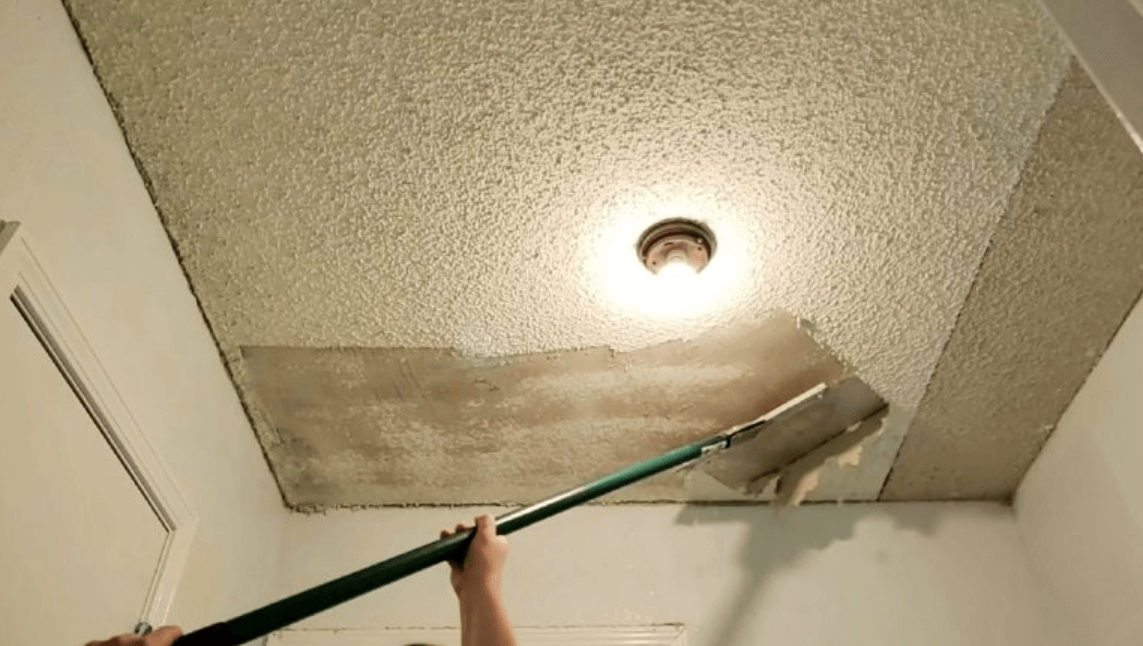Buying a home is a significant milestone in anyone’s life. It is a dream that many aspire to achieve, but the financial aspect can often be overwhelming. This is where home mortgages come into play. Mortgages provide individuals with an opportunity to secure financing for their dream homes while benefiting from various advantages. In this article, we will explore the concept of state home mortgage, their benefits, eligibility criteria, and how to apply for them.
What is a State Home Mortgage?
A state home mortgage, also known as a state housing finance agency mortgage, is a loan program offered by state housing finance agencies (HFAs) to help individuals purchase homes. These agencies are established at the state level to provide affordable housing options and support the housing market within their respective states.
Advantages of State Homes Mortgage
State home offer several advantages that make them an attractive option for aspiring homeowners. Here are some key benefits:
- Lower Interest Rates: home mortgages often come with lower interest rates compared to traditional mortgages. This can result in significant savings over the life of the loan.
- Down Payment Assistance: Many home mortgage programs provide down payment assistance to eligible borrowers. This assistance can help individuals overcome the barrier of saving a large sum of money for a down payment.
- Flexible Loan Terms: State home offer flexible loan terms, allowing borrowers to choose options that suit their financial situation. These options may include fixed-rate mortgages, adjustable-rate mortgages, or specialized programs for specific demographics.
Eligibility Criteria
To qualify for a home mortgage, applicants must meet certain eligibility criteria. While specific requirements may vary among states and programs, here are some common factors considered during the application process:
- Income Limitations: State home programs often have income limitations to ensure that assistance is provided to those in need.
- Creditworthiness: Applicants are generally required to have a satisfactory credit history and a minimum credit score. However, credit score requirements may vary depending on the program.
It is essential to review the specific eligibility criteria of the home mortgage program you intend to apply for to ensure you meet all the requirements.
Types of State Home Mortgage
State mortgage programs offer various options tailored to different needs and circumstances. Here are three common types:
1. Conventional State Home Mortgags
Conventional home mortgages follow the guidelines set by government-sponsored enterprises (GSEs) such as Fannie Mae and Freddie Mac. These mortgages typically require a higher credit score and a down payment of at least 3%. However, they offer competitive interest rates and flexible loan terms.
2. FHA State Home
FHA (Federal Housing Administration) home mortgages are insured by the government and designed to assist first-time homebuyers and individuals with lower credit scores. FHA loans have more lenient credit requirements and lower down payment options, making homeownership more accessible.
3. VA State Home Mortgage
VA (Veterans Affairs) home mortgages are exclusively available to eligible veterans, active-duty service members, and their surviving spouses. These loans are guaranteed by the VA and offer favorable terms, including zero down payment requirements and competitive interest rates.
How to Apply for a State Home Mortgage
Applying for a state mortgage involves several steps. While the exact process may vary, the following steps provide a general overview:
- Research Home Mortgage Programs: Explore the various state home programs available in your area. Consider factors such as interest rates, down payment assistance, and eligibility requirements.
- Gather Necessary Documents: Prepare the required documents, which may include income verification, tax returns, bank statements, and identification documents. Be thorough and organized to streamline the application process.
The Importance of Credit Scores
Your credit score plays a crucial role in securing a home mortgage. Lenders use credit scores to assess an applicant’s creditworthiness and determine the interest rate offered. Maintaining a good credit score by paying bills on time, minimizing debt, and managing credit responsibly can improve your chances of qualifying for a state home and obtaining favorable terms.
Down Payment Requirements
State home often provide down payment assistance, reducing the burden of saving for a substantial down payment. Depending on the program, the down payment assistance may be in the form of grants, forgivable loans, or deferred payment loans. These options can help individuals achieve homeownership sooner than they anticipated.
Interest Rates and Loan Terms
State mortgages offer competitive interest rates to make homeownership more affordable. The interest rate you qualify for depends on factors such as creditworthiness, loan program, and current market conditions. It is crucial to compare rates from different lenders and explore available programs to secure the most favorable terms. Read more…
Conclusion
State home mortgage serve as a valuable resource for individuals aspiring to become homeowners. These programs provide affordable financing options, down payment assistance, and flexible loan terms. By exploring the available home mortgage programs, understanding eligibility criteria, and preparing the necessary documents, you can take the first step towards fulfilling your homeownership dreams.
FAQs
- What is the maximum loan amount offered by state home? The maximum loan amount varies depending on the state and program. It is best to consult the specific state housing finance agency or lender to determine the limits for your area.
- Can home mortgages be used for investment properties? home mortgages are typically designed for primary residences. Using them for investment properties may not be allowed under the program guidelines. It is important to review the terms and restrictions of the specific program you are considering.
- Are there any income limits for state home applicants? Many state mortgage programs have income limits to ensure assistance is provided to those in need. The income limits may vary depending on the program and household size. Consult the state housing finance agency or lender for specific information.










